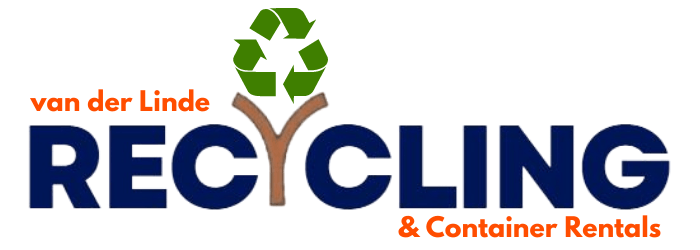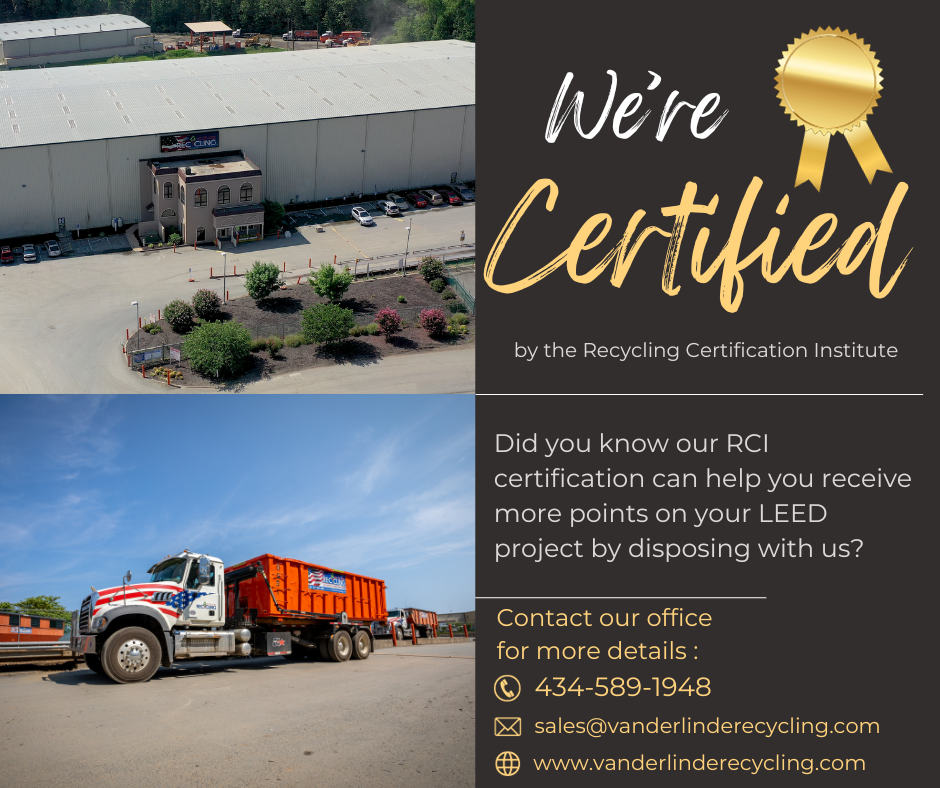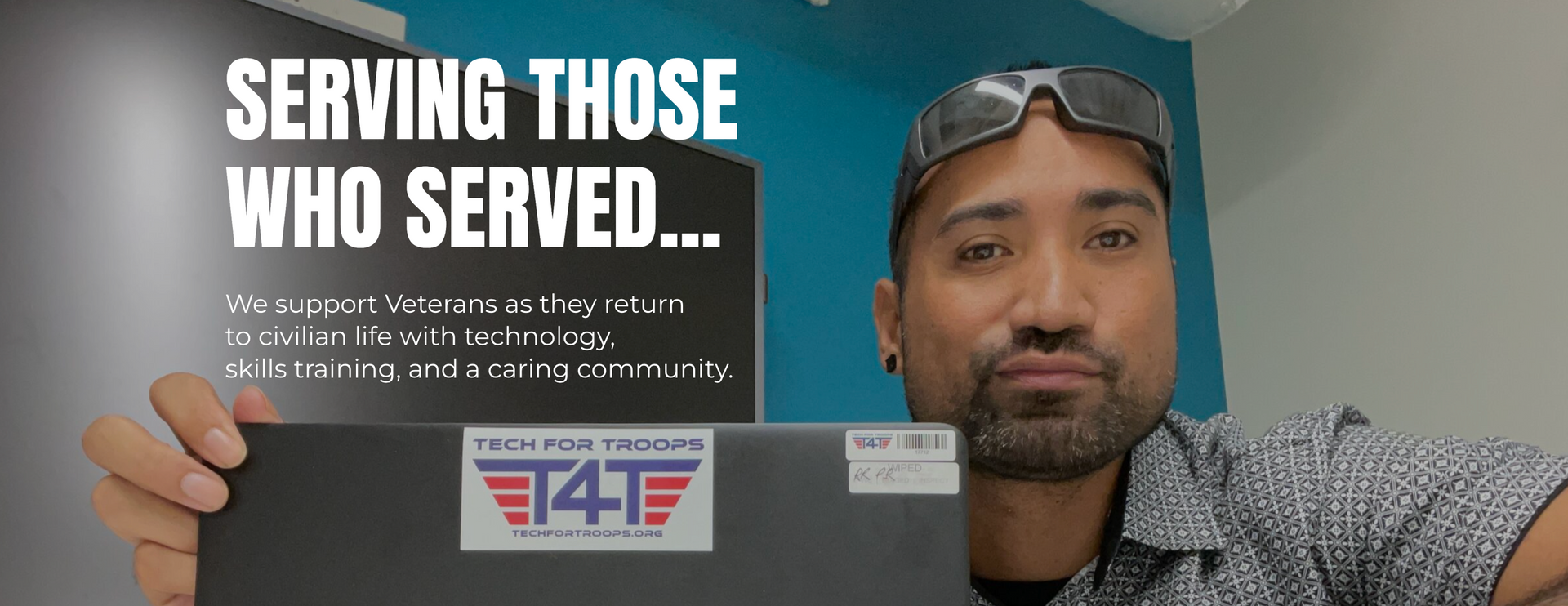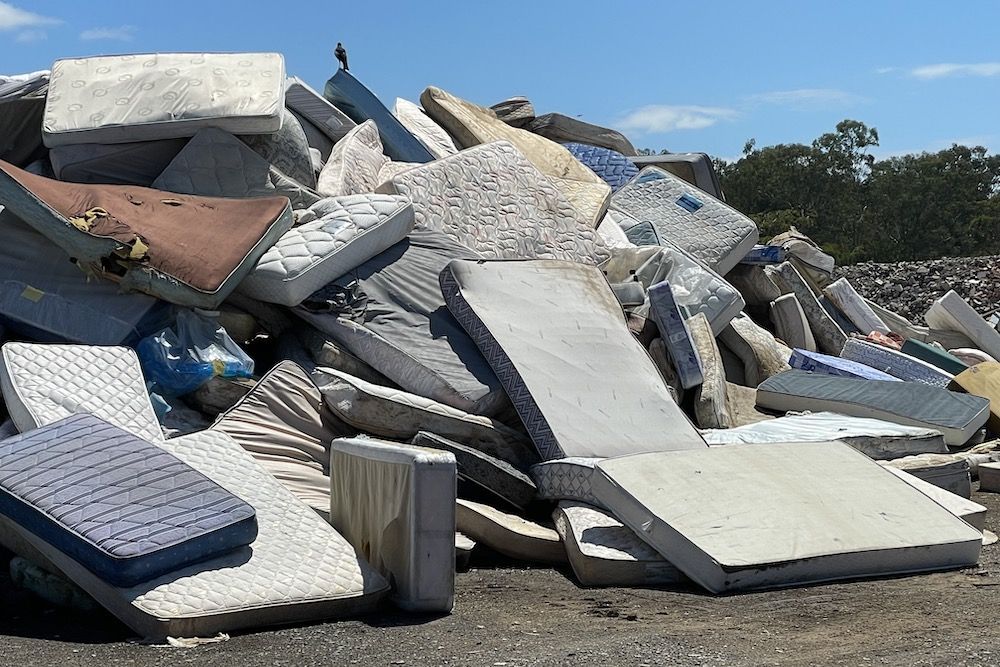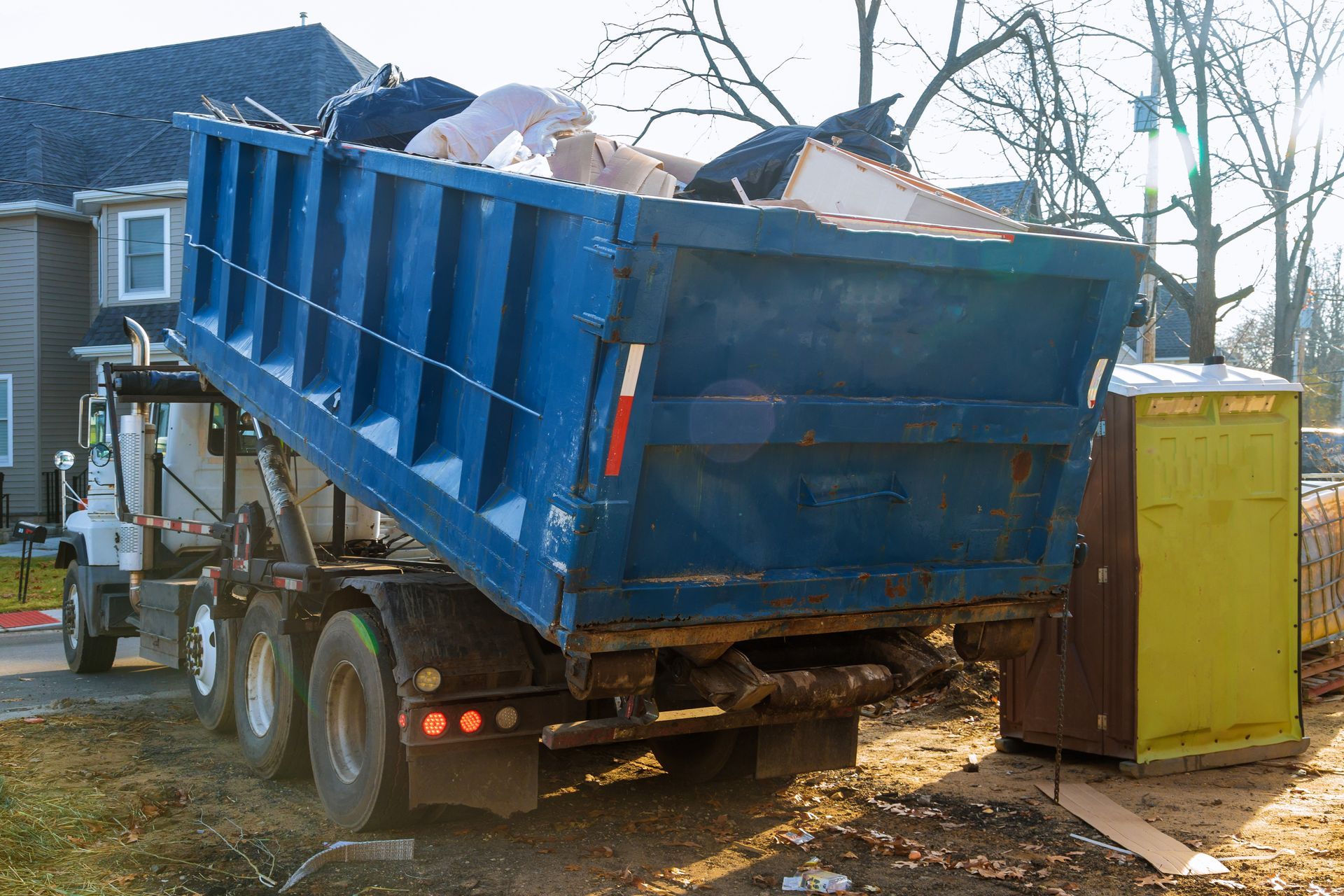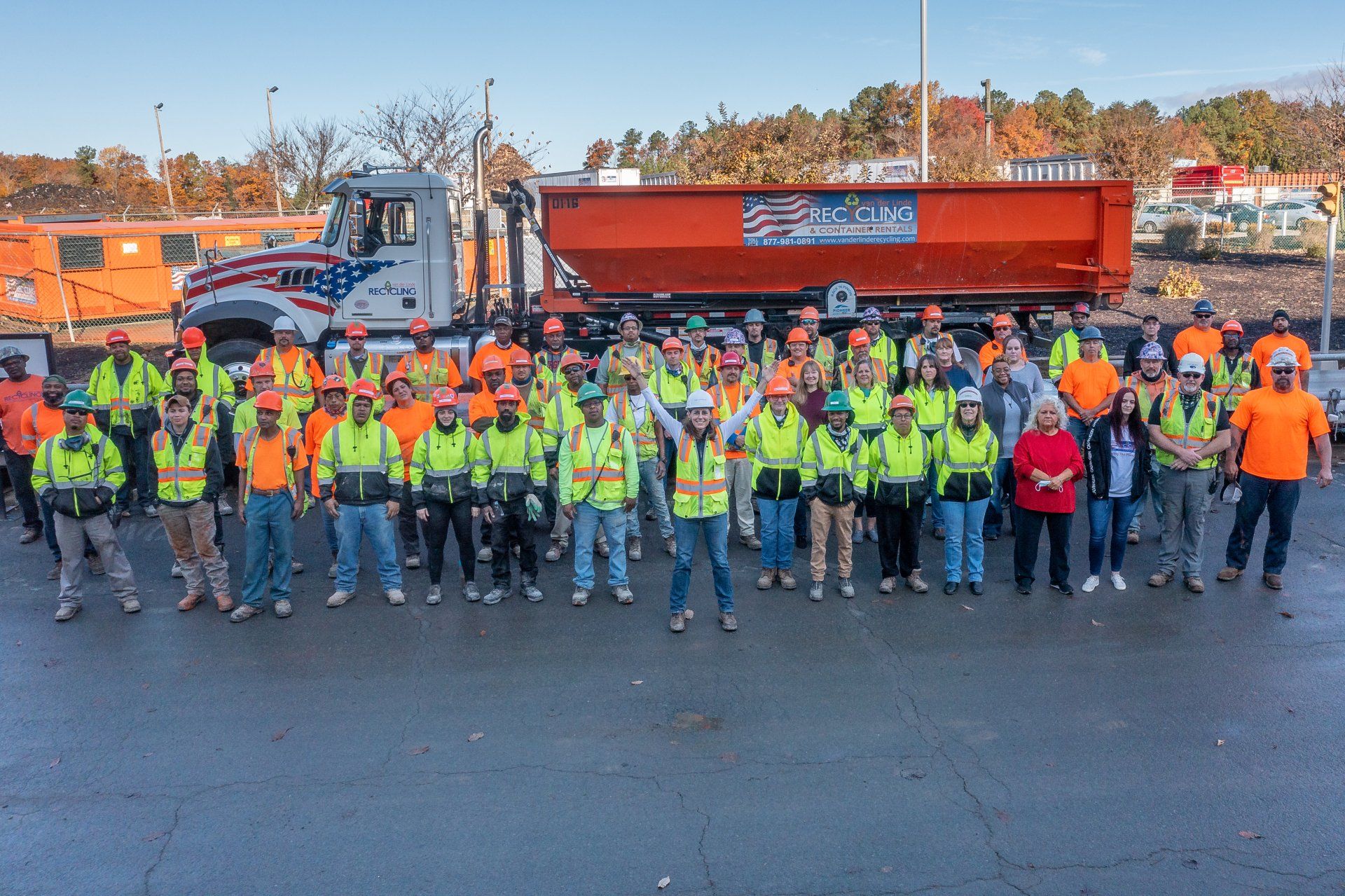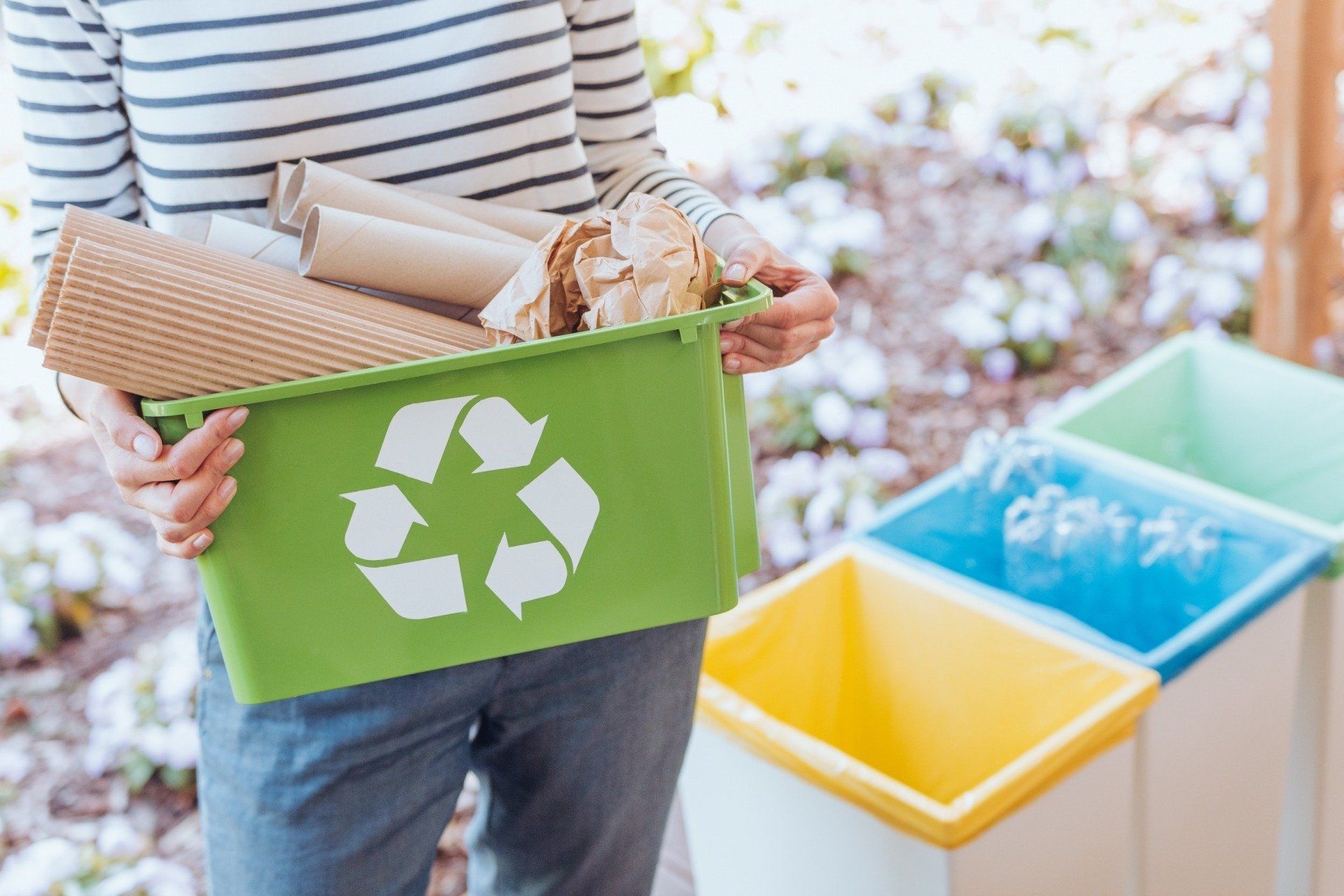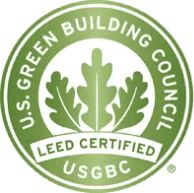The Value of Recycling and Why We Should Do It
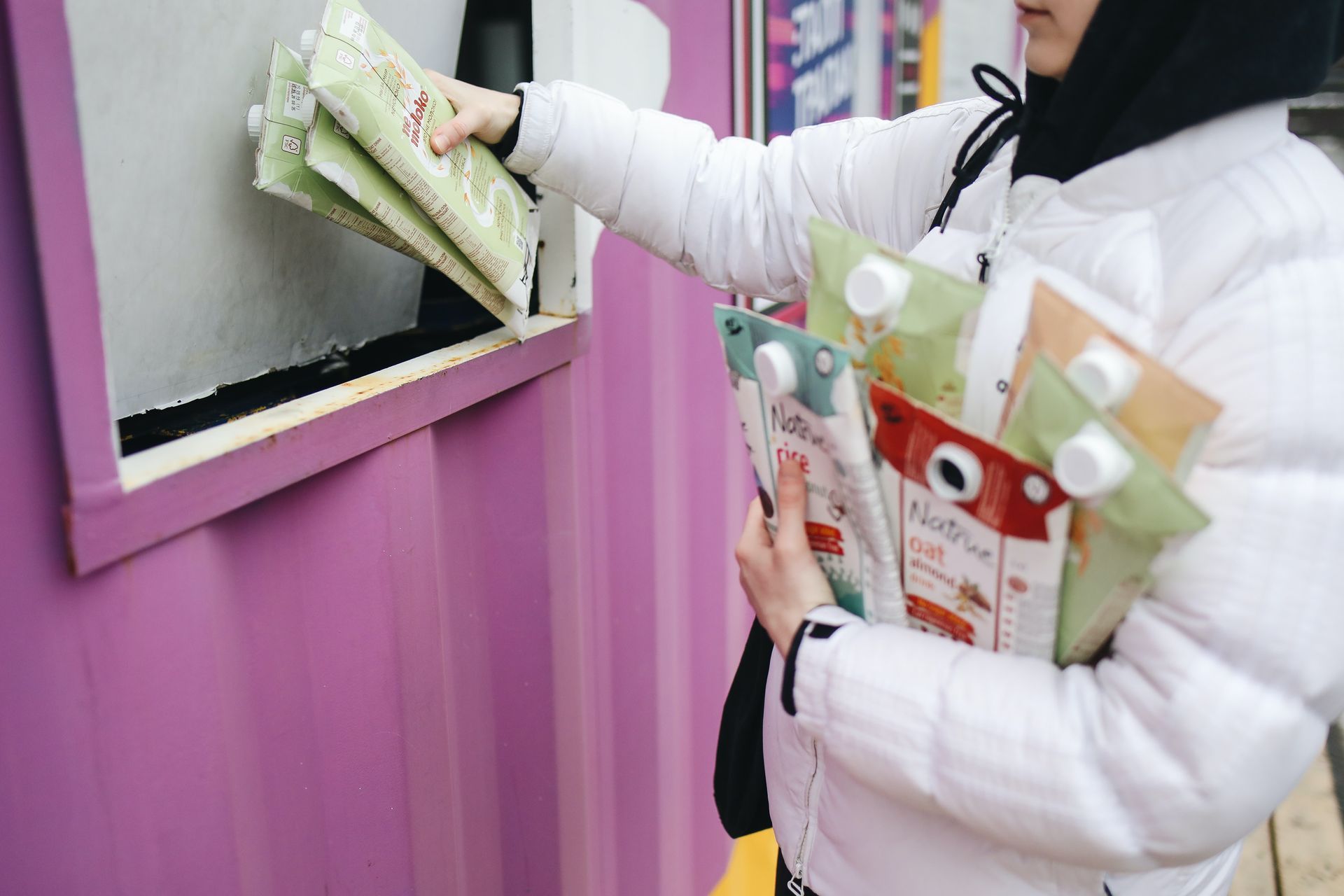
Recycling is crucial if we want to preserve the planet for the next generations. It is good for the environment because we are turning old, useless things into new ones. You are recycling if you are using your old products for something new rather than throwing them away.
We Need to Recycle Because Recycling:
- Aids in maintaining a clean environment;
- Reduces waste production;
- Aids in the conservation of many non-renewable resources;
- Saves energy and thereby aids in avoiding energy crises;
- Prevents landfills and incinerators from becoming severely overloaded;
- Saves and protects a household's economy;
- Aids in the creation of new job opportunities;
- Restrains the search for raw materials
There is a finite amount of space on earth and it is up to us to make wise use of it. Recycling offers a solution to this issue because it reduces the amount of waste discharged and conserves valuable space. Incinerators consume our valuable, nonrenewable fossil fuels by burning waste into ashes. We can conserve enough energy by recycling one metal can to power a TV for almost three hours.
Recycling accomplishes two things
First, it helps to reduce air and water pollution by avoiding landfills, and
Second, precious materials like paper, plastic, and aluminum cans are repurposed and not wasted.
Recycling effectively manages your economy. You can buy less by recycling. It also aids in the creation of new employment possibilities. Recycling is a complex operation with numerous process stages and employees are needed to facilitate each stage of the process. Recycling thus benefits both nature and humanity by giving them a sustainable source of subsistence.
A single year of recycling resulted in 757,000 jobs and $36.6 billion in salaries, according to the Recycling Economic Information (REI) Study. Less waste generated contributes to fewer landfills and the restoration of the land to its natural state. If you must purchase something that must be professionally recycled, place it in a recycle bin or take it to a local recycling facility. A significant aspect of the recycling problem is conservation.
What the Public Can Do
There are a few things you can do to protect the environment.
- Recycle things you are getting rid of. If you don't already have containers for each recyclable material (such as paper, plastic, and aluminum), you may easily buy them and bring them to your neighborhood recycling facility. Things like children's toys and other rigid plastic items such as buckets, containers, and plastic drawers are recyclable. Metal is also recyclable. That old refrigerator you need to depose of - it's recyclable. Bring it to van der Linde Recycling or another recycling facility near you that accepts these items.
- Use as little plastic as you can. Try paper or reusable bags instead of plastic. Additionally, when you shop, try to keep an eye out for items with the least amount of packing.
- Purchase recycled goods when you can. Purchasing recycled items not only aids in lowering waste production but also supports the recycling sector.
Small changes in your everyday routine might make a big difference in your recycling habits.
Conclusion
Recycling is an essential step toward a sustainable future, and we must maximize it. It protects and preserves a household's economy, and prevents landfills and incinerators from getting overloaded. By minimizing trash, utilizing less plastic, and buying recycled goods, the public can play a significant role in recycling.
